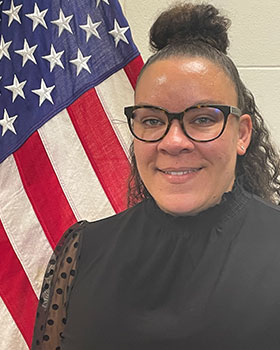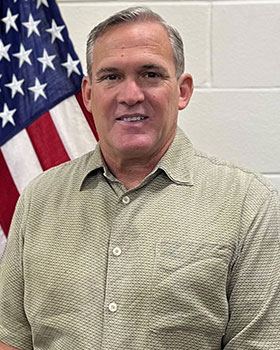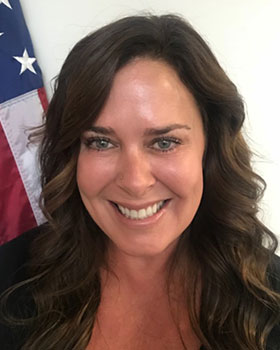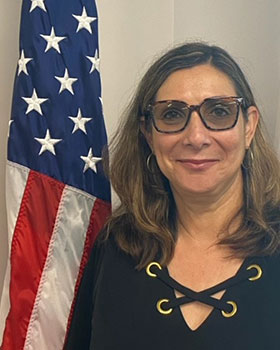SEXUAL ASSAULT RESPONSE WORKFORCE
Florida National Guard 24/7 Hotline
904-482-2347
DOD Safe Helpline 877-995-5247
Team Vanguard Southeast Florida
Located in Pinellas Park:

Pallas Cryer-Harris
SARC - 727-568-5355

Stephanie Brewington
Victim Advocate - 727-568-5354
Located in Orlando:

Jeffrey Peppers
Victim Advocate - 407-650-4327
Team Sentinel Northwest Florida
Located in Jacksonville:

Kristin Merrick
SARC - 904-641-7019
Jennifer Simmons
Victim Advocate - 904-741-7014
Located in St. Augustine:
SAPR Officer - Vacant

Alice Campis
SARC - 904-823-00061
Victim Advocate - VACANT